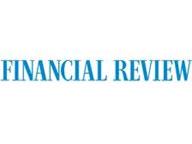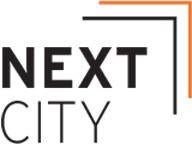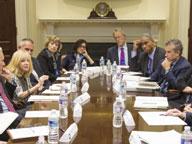Faculty News
—
In an op-ed, Prof. Michelle Greenwald cites examples of companies that foster innovation
—

Excerpt from Forbes -- "While the most innovative firms communicate to employees in different ways that risk taking and individuality are highly desired, it doesn’t mean all product development risks are OK. The most successful firms also have checks and balances to avoid completely uncalculated reckless risks, and they embrace and learn as much as possible from failures."
Faculty News
—

Excerpt from Forbes -- "While the most innovative firms communicate to employees in different ways that risk taking and individuality are highly desired, it doesn’t mean all product development risks are OK. The most successful firms also have checks and balances to avoid completely uncalculated reckless risks, and they embrace and learn as much as possible from failures."



















